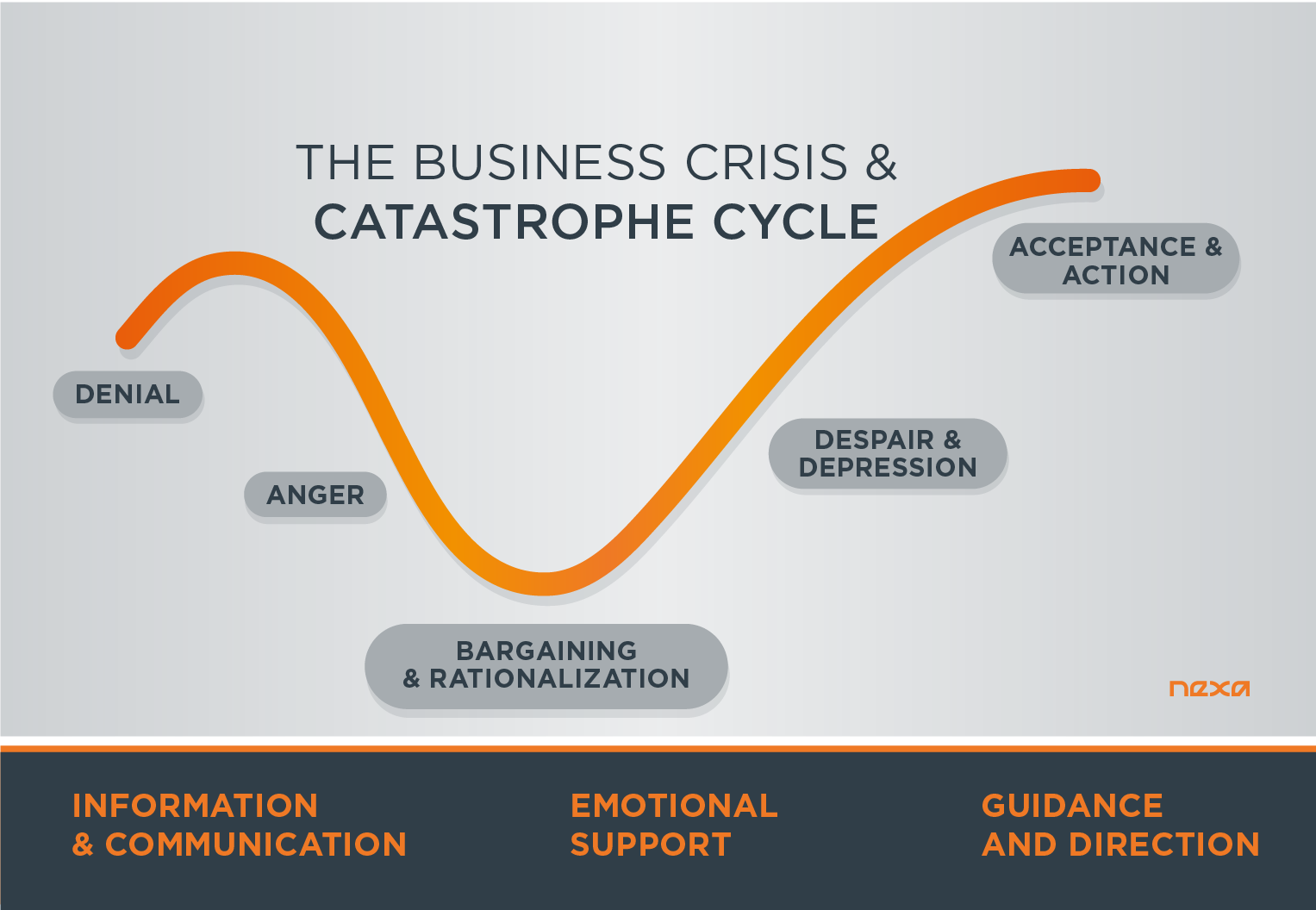Do you know what it’s like to feel a reality with intensity, with no basis for that to happen?If not, find out what’s next. If so, do you know firsthand what one of the most complicated psychological problems is?And also a common problem known as emotional rationalization.
Emotional rationalization is a term that describes a particular type of cognitive distortion. This term was first used in the 1970s by Aaron Beck, the founder of cognitive therapy, a therapeutic line of psychology.
- According to Beck.
- Every time someone comes to a conclusion about reality from their emotional reaction.
- What happens is precisely an emotional rationalization.
- In this way.
- Any fatidic evidence observed is discarded or left in the background to the detriment of the alleged?Truth.
- That one’s own feelings define.
- Beck believed that this rationalization came from chronic negative thoughts.
- Which are generally involuntary.
- Uncontrollable.
- Or automatic.
Emotional rationalization assumes that what you feel is necessarily true, if you’re jealous, for example, it’s because someone has done something to make you love you, and anyone or something can be the recipient of that guilt, although there’s usually a sense of guilt. relationship between what happens and what we feel can often be very different.
The force of feeling creates a conviction, which normally remains until the emotional storm begins to subside. When we use emotional rationalization, we believe in certain automatic thoughts that cause emotional distress, and then try to create reasons for our feelings.
To do this, does emotional rationalization distort and often color the reality of a negative bias?It can also happen with a positive bias, but in this article we won’t focus on these cases. Our worldview of this moment is fully integrated, perfectly, without being able to notice the influence, so at no time do we question whether what we understand is really aligned with reality and is not manipulated by us.
“Negative emotions like loneliness, envy and guilt play an important role to play in a happy life. Are these big, eye-catching signs that something needs to change?-Gretchen Rubin-
Emotional rationalization is a kind of deceptive rationalization because it is based on feelings and feelings that reflect our thoughts and beliefs, which are not always consistent with reality, for example, everyone has already felt deceived, but does that mean that we have necessarily been deceived?Not always.
This is a distorted feeling and therefore the derived emotions are not valid to justify an immediate and direct conclusion. The same is true, for example, when we feel desperate or discouraged by something. These feelings do not imply that the problems we have are impossible to solve and that everything is lost.
Emotional rationalization also has a very common side effect: procrastination. If you feel like you’re going to miss something, you’re probably reporting it or even not even trying to do it. Procrastination hinders healthy personal care decisions.
Faced with the certainty of something, the natural reaction is not to fight to avoid or eliminate what is happening, we generally accept, happy or not, perceived and supposedly real reality, so this invented reality often becomes, in fact, reality. .
Emotional rationalization plays a key role in almost all depressions. Because some people feel the world so negatively, a depressed person assumes that life is really like this. The subject does not think of dispute the validity of his perception, and ends up believing completely in feelings.
In addition, depressed people often rationalize situations emotionally, on a two-way street, for example, they can focus on filtering life and focusing on the negative side, even on a very positive outcome, this happens precisely because they live in a very negative mood. To top it all off, it doesn’t matter if there really is a reason to generate this situation, because even if there is one reason to the contrary, that fact will not be valued, so emotional rationalization will eventually prevail.
One of the problems is that emotional rationalization actually becomes a learned model, because many people end up thinking that way. Although emotional rationalization is not responsible for depression, this thinking makes it very difficult to address the cause of the disorder when a person has the disease.
In addition, emotional rationalization remains very common, we like to think that we make very logical decisions, but in reality most of the time we get carried away by feelings, so it is easier.
In fact, if you look at existing brain connections, it’s much easier to make a decision based on a feeling than to think about facts. We do not tend to look for facts that support our conclusions. We accept it simply because it’s easier. .
The main problem with thought mistakes, like the one that happens in emotional rationalization?It is that once we have decided that our emotions are facts, we stop looking for alternative explanations to understand any situation. That’s why our beliefs become terribly limiting, accusatory.
To avoid this situation, every time you realize that emotional rationalization takes hold of your thinking, try to stop and think for a few seconds, taking into account the following:
Keep an eye out that this mechanism is a deception of the mind, an illusion that appears when we have trouble managing our own emotions, that feed our feelings, emotions, however negative, are not bad in themselves, because they have adaptive values that help us survive.
“Running a marathon with a backpack is difficult and can hurt your career. Don’t you let the baggage of your past, laden with fear, guilt and anger, stop you or stop you from walking?-Maddy Malhotra-

